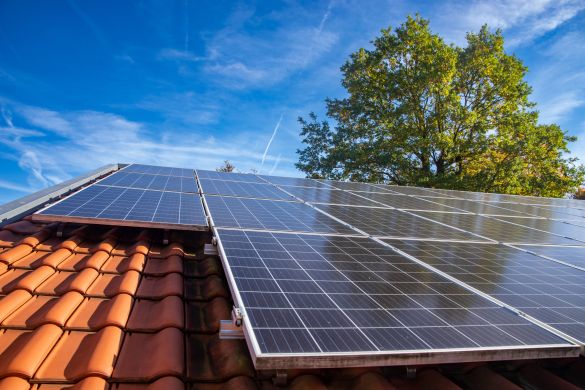News
We share our news and views on industry-related events.
News | Installed an alternative power system at home? Here's how to insure it
Installed an alternative power system at home? Here's how to insure it
August 22 2023 By Reliance Insurance Brokers short-term insurance, power alternatives

With the national energy regulator, Nersa, publishing a consultation document earlier this month that outlined South Africa's future load-shedding plans - including restructured load-shedding stages, up to stage 16 - the country's power woes seem set to continue for the foreseeable future.
It's hardly surprising then that so many South Africans have taken the plunge and invested in alternative power supplies for their home, from basic portable power stations to completely off-grid solar systems.
Such measures are no longer nice-to-haves, but have become household essentials, leaving homeowners wondering which insurance policies cover which systems.
To answer that, let's fist look at the most common alternative power supplies being installed in South Africa today:
- Diesel generators: this was the earliest form of alternative energy adopted by most households, but generators have proved to be costly to run on an ongoing basis with rising diesel prices and the cost of maintenance. A diesel generator must be wired correctly into your home by a qualified electrician.
- UPS: A UPS or uninterrupted power supply provides back-up power for electronic devices when the power supply goes down. It has its own built-in battery to store power for later use. It can only be used for short periods of time, so more suited to covering specific equipment, like laptops and charging mobile devices, during load-shedding periods.[B1]
- Inverter: An inverter converts DC current into AC current. It doesn't generate or store power. It can be used as a standalone device to convert power supplies or part of a larger system with batteries for power storage. It is suitable for running electric appliances such as air conditioners, microwaves, kettles, toasters etc. It must be installed by a qualified electrician.
- Gas: Gas geysers and gas cooking hobs have become incredibly popular, as they enable you to still access two of the most important household functions during load shedding: hot water for bathing and power for cooking. Gas bottles are easily filled and replaced each month, but the initial installation must be done by a qualified installer.
- On-site solar installation: The cost of solar panels and therefore entire system has come down, making this a popular choice for homeowners looking to get partially or entirely off the grid. Although the upfront cost is high, this option pays its way by keeping the lights on through all load-shedding stages, provided there has been ample sunshine. This system requires a professional installer.
The most important thing to note, aside from the fact that professionals must be used to install these solutions in your home, is that each option (even gas) requires a new certificate of compliance (COC) to be issued after installation. In the event that something happens to your alternative power supply, or it causes damages to your home, and you need to claim from your insurance policy, if you don't have a COC, your claim will be rejected.
Solar panels and some generators are considered as being fixed to the property, so are covered under your homeowner's insurance. Inverters and UPSs are not fixed, so are insured under your home contents policy.
In both cases, you must notify the relevant insurer about the change to the items being insured, and make sure that the total sum insured is adjusted to ensure you are properly covered under both policies.